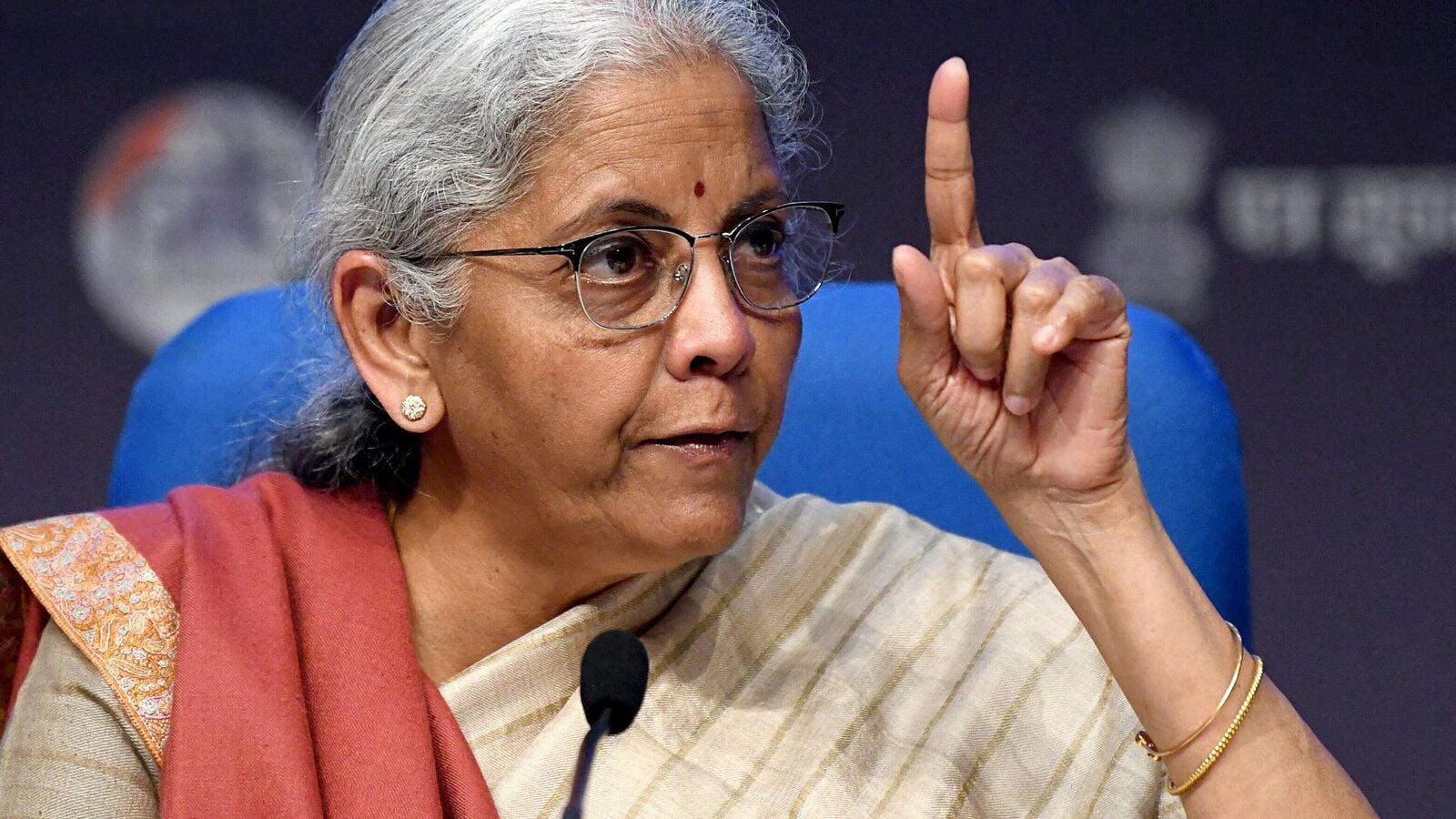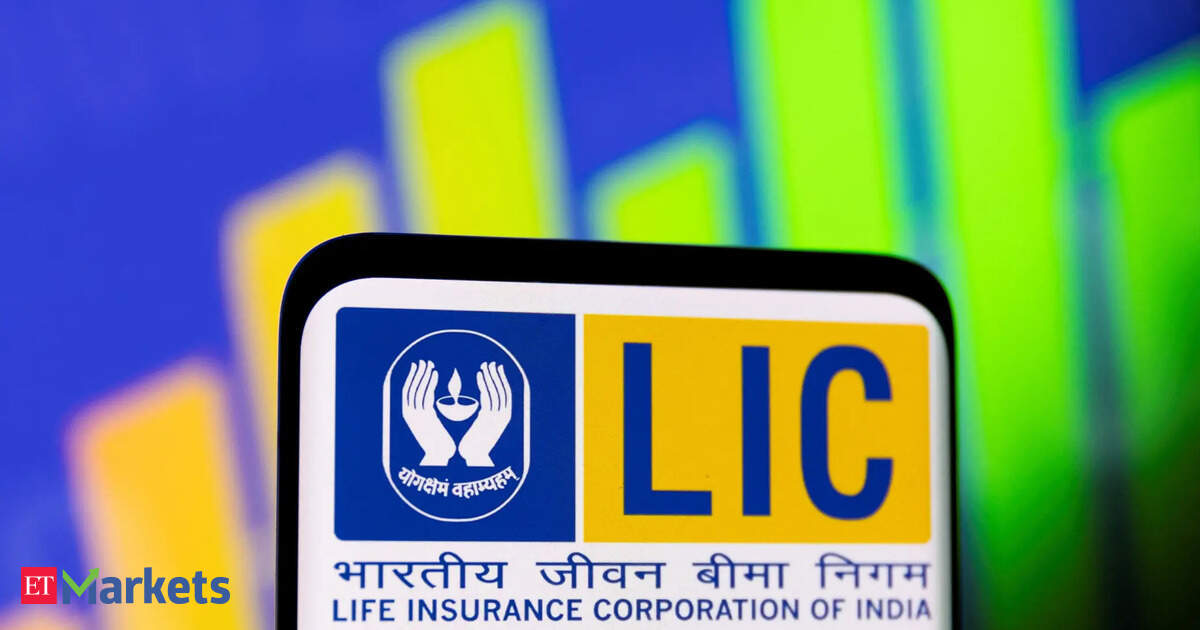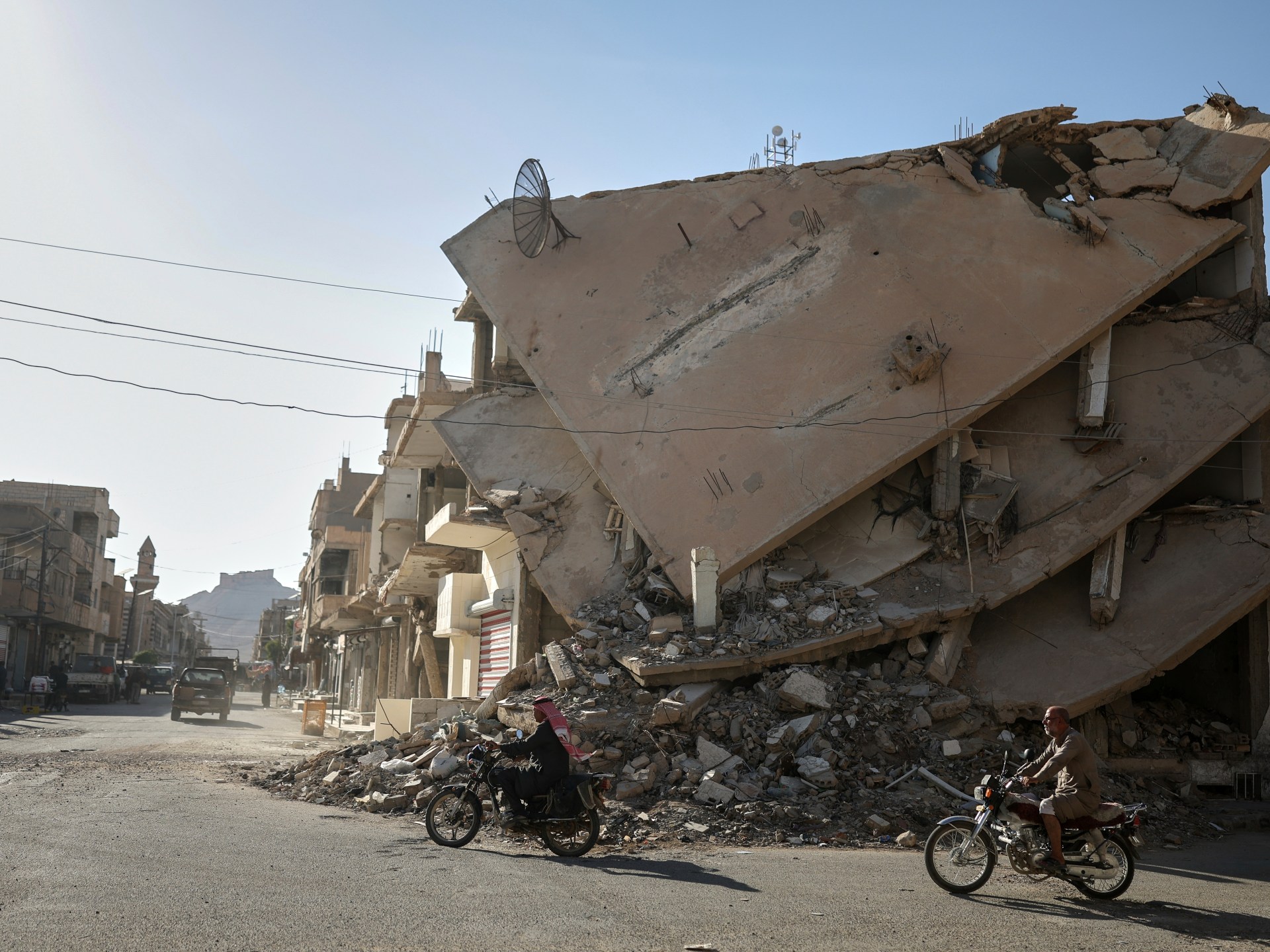Older adults are advised to avoid the chikungunya vaccine after multiple serious adverse reactions and two deaths were reported.

- Chikungunya vaccine linked to severe complications in older adults
- Live virus vaccine caused hospitalizations and two deaths
- Travelers over 60 advised to seek safer vaccination alternatives
Individuals aged 60 and above are now being urged not to receive the chikungunya vaccine, IXCHIQ, following multiple reports of serious health complications, including two deaths, among older recipients. The vaccine, developed by Valneva, contains a live, weakened strain of the chikungunya virus and is currently approved for use in the United States for adults traveling to regions where the virus is prevalent (1✔ ✔Trusted Source
Chikungunya VaccinesGo to source
).
Initial concerns emerged after an investigation found that six older adults, most with preexisting conditions, experienced severe cardiac or neurological problems shortly after being vaccinated. Further global surveillance identified over a dozen similar adverse incidents in other countries involving people aged 62 to 89. These developments have led health officials in the United States to recommend a cautious approach, advising travelers in this age group to avoid the vaccine until further assessments are completed.
Potential Risks Linked to Live Attenuated Virus
The vaccine’s formulation, which uses a live but weakened version of the virus, may trigger symptoms similar to those caused by the natural infection. These include fever, nausea, muscle and joint pain, fatigue and headache. In some individuals, especially those with underlying health issues, the immune response to the vaccine can become more severe or prolonged, requiring hospitalization.Although IXCHIQ had initially been endorsed in 2024 for travelers to chikungunya-affected countries, safety concerns have prompted reevaluation. United States health authorities are closely monitoring the situation while European regulators have also launched investigations.
Alternative Vaccine Option
To mitigate the risk for travelers while still offering protection, a second vaccine called Vimkunya, developed by Bavarian Nordic, has been recommended for individuals aged 12 and above. This alternative is under consideration for broader use among those planning visits to regions experiencing chikungunya outbreaks. Final guidance from the Centers for Disease Control and Prevention is still pending.
In the meantime, those seeking immunization are advised to consult healthcare professionals about the most suitable option based on their age and medical history.
Mosquito-Borne Transmission and Disease Spread
Chikungunya is a viral illness transmitted primarily through the bite of infected female mosquitoes, particularly Aedes aegypti and Aedes albopictus. These mosquito species are common in tropical and subtropical areas and are most active during and shortly after the monsoon season, when breeding conditions are optimal.
After being bitten, symptoms typically appear between four and eight days. The disease is known for its impact on the joints and bones, often causing swelling, rash, headache, and fatigue along with high fever and muscle discomfort. Although not usually fatal, the illness can lead to prolonged joint pain and other complications, particularly in older adults and those with underlying conditions.
Preventive Measures and Supportive Care
Since there is currently no antiviral treatment specifically for chikungunya, prevention remains the best approach. Reducing exposure to mosquitoes through practical methods—such as wearing long-sleeved clothing, applying insect repellents, and using mosquito nets—plays a critical role in protection. Treating clothing and gear with permethrin, a type of insecticide, can further reduce the risk of bites.
Supportive care for those infected includes rest, hydration, and over-the-counter medications to alleviate fever and joint pain. In some cases, physical therapy may be helpful for managing lingering joint issues. Medical consultation is essential to monitor symptoms and rule out complications.
Public Health Implications and Global Monitoring
Health authorities continue to observe trends in vaccine safety and disease spread to update travel and vaccination guidelines. The chikungunya virus poses a growing threat due to climate factors and increased global travel, emphasizing the need for careful policy decisions and ongoing research into safer, more effective vaccines.
As more data becomes available, recommendations may evolve, but for now, prioritizing mosquito avoidance and careful vaccine selection is key, especially for vulnerable populations.
While the chikungunya vaccine offers valuable protection for many, its risks for older adults have prompted health agencies to issue new warnings. With safer alternatives being explored and global monitoring underway, individuals are urged to consult medical experts before making vaccination decisions, especially those with preexisting health conditions or advanced age.
Reference:
- Chikungunya Vaccines – (https://www.cdc.gov/chikungunya/vaccines/index.html)
Source-Medindia













Leave a Reply